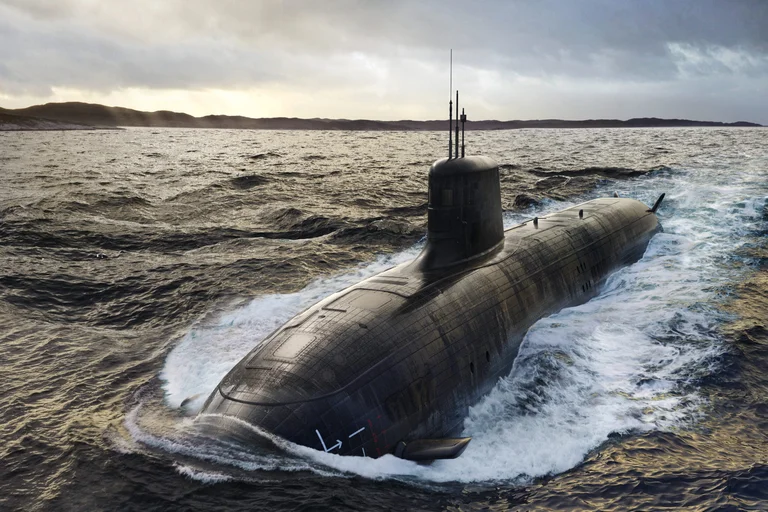
Radioactive Water Leaked from UK Nuclear Bomb Base
People often associate the term “nuclear bomb base” with advanced safety systems, privacy, and security. But according to recent reports, there have been significant issues at even one of the UK’s most secure nuclear sites. Concerns about aging infrastructure, government transparency, and environmental safety have been caused by the leak of radioactive water from Scotland’s Coulport nuclear bomb base.
1. The Incident: An Overview:
In September 2025, the British government confirmed a radioactive water leak at the Royal Naval Armaments Depot (RNAD) at Coulport, which is located close to the Loch Long inlet on Scotland’s west coast. The building houses and maintains the nation’s nuclear warheads and is a component of the UK’s Trident nuclear deterrent program.
How did the leak happen?
The Navy Force was unable to maintain 1500 water pipe networks on the site and fix old water pipes, the British Navy force allowed radioactive water from the UK bomb base to leak into the sea. In 2019, one of the most serious leaks took place when radioactive water flooded a weapons processing area due to a pipe failure. The tainted water then spilled directly into Loch Long through an open drain.
There were smaller leaks in 2010 and 2021 as well, showing that this was an ongoing issue connected to aging infrastructure rather than a singular occurrence.
What Was in the Water:
The Scottish Environment Protection Agency (SEPA) suggests that at the time of the spill, up to half of the nuclear particles in the unit area had reached their intended lifespan. It contained radioactive isotopes of hydrogen and tritium, which have a half-life of 12.3 years, and SEPA blamed the floods at Coulport, which led to the preventable release of nuclear waste, on a lack of maintenance.
The government has also reassured the public that the radiation levels released into the ocean are far lower than those that would be serious and are not harmful to human health. In addition, there has been no immediate harm to marine life as a result of the leak, but ongoing monitoring is being done to verify any long-term impacts.
What Happens Next?
The investigation and cleanup are still in progress. To make sure that there are no more leaks and that the radioactivity levels in the surrounding area stay low, the authorities may continue to keep an eye on the situation for weeks or months.
Meanwhile, discussions about nuclear energy’s future in the UK and globally have been triggered by the incident. This accident highlighted how important it is to have safety procedures in place, even though nuclear energy is thought of as a reasonably safe and effective power source.
The Environmental and Public Impact:
Officials have said on many different occasions that the public is not in danger as a result of the leaks. But a lot of people are still not in agreement. Locals rely on Loch Long for fishing and recreation, and it connects to larger waterways. The fact that leaks occurred at all undermines public, regulatory, and governmental trust, even if radiation levels have been declared safe.
Additionally, environmental specialists warn that “low risk” does not equivalent to “no risk.” In natural systems, radiation will build up over time, and minor leaks that occur frequently may have lasting effects that are not clearly visible.
The radioactive water leak from the UK nuclear base into the sea is a serious issue, but it is important to remember that the leak was discovered early, & the radiation levels were low. While the incident is being discussed, it highlights the need for continued improvements in the safety protocols surrounding nuclear power plants. With ongoing investigations and measures in place to protect both people and the environment, the situation is being carefully managed. It is crucial that we keep learning from these incidents to ensure that nuclear energy remains a safe and sustainable energy source for the future.
Read more related articles. ttps://www.climatechallange.com/how-does-nuclear-power-work-and-why-is-the-uk-investing/